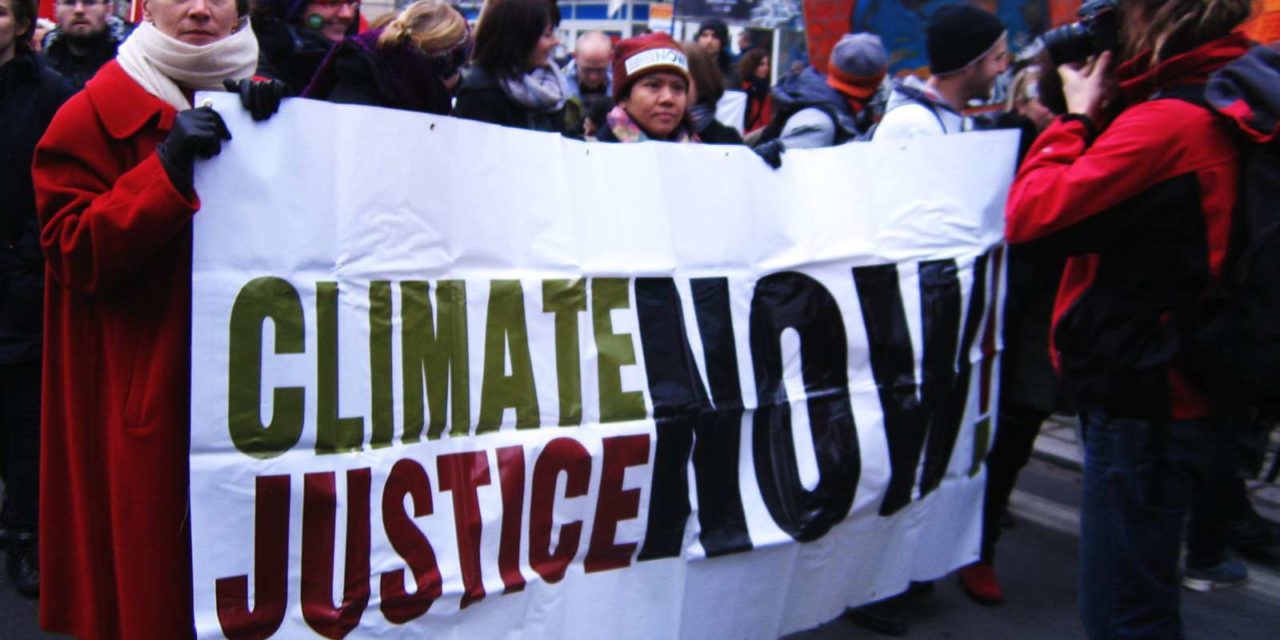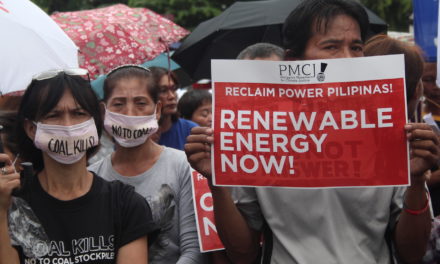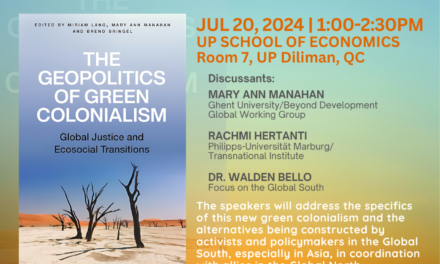“The CDM does not help Indigenous Peoples and local communities. Instead of giving money to people-centred projects, it subsidises numerous environmentally and socially destructive projects – from large hydro-dams to new coal power plants” says Onel Masardule A, Executive Director of the Foundation for the Promotion of Indigenous Knowledge, Panama.
Recent studies have raised damning criticisms about the social and environmental integrity of the CDM. A survey by the NGO International Rivers found that 76 per cent of projects were already completed by the time they were approved as eligible to sell credits – despite the CDM claiming to fund only projects that are ´additional´.2 An example is the the Allain Duhangan Dam in the Indian Himalayas, which was approved for CDM registration in May 2007, despite the fact that the the Office of the Compliance Advisor/Ombudsman of the World Bank verified that the project developer had not ensured enough irrigation and drinking water for affected villages. The project was also temporarily halted and fined for blatant violations of Indian forest conservation law due to illegal felling of trees, dumping of waste and road construction.
“At the local level, CDM projects only create illusions and false hope for local governments, especially in the waste and energy sector. In our experience, the procedures and all activities related to the project application mostly only benefitted consultants, auditors and investors.” says Yuyun Ismawati, Director of Balifokus, Indonesia.
Financial transfers from North to South are necessary but, unlike the CDM, these should be based on the repayment of climate debts and subject to democratic control.
“Justice and equity should be the starting point of any financial mechanism to help tackle climate change,” says Payal Parkekh, Climate Campaigner at International Rivers. “The CDM fails on all counts. Rich countries must take responsibility for reducing emissions domestically. Where money is transferred, it should not be ´offset´ but repaid as part of the climate debt owed by rich countries to poorer ones.”
Further information:
Janet Redman, Researcher,
Sustainable Energy and Environment Network,
+48 665 703 989, janet (at) ips-dc (dot) org
Oscar Reyes,
Communications Officer, Transnational Institute
+44 7739 827208, oscar (at) tni (dot) org
Issued by participants in the Climate Justice Now! coalition:
ARCI; Alternative Forum for Research in Mindanao; Balifokus; Biofuelwatch; Carbon Trade Watch, Transnational Institute; Centre for Organisation Research and Education (CORE); Corporate Europe Observatory; Environmental Justice and Climate Change Initiative; Focus on the Global South; Foundation for the Promotion of Indigenous Knowledge; Friends of the Earth International; Global Anti-Incinerator Alliance (GAIA); Global Exchange; Grupo de Reflexion Rural; Indigenous Environment Network; Institute of Policy Studies; International Forum on Globalization; International Rivers; Oilwatch; World Development Movement; World Rainforest Movement
1. See “Rip-offsets: the failure of the Kyoto Protocol´s Clean Development Mechanism”









